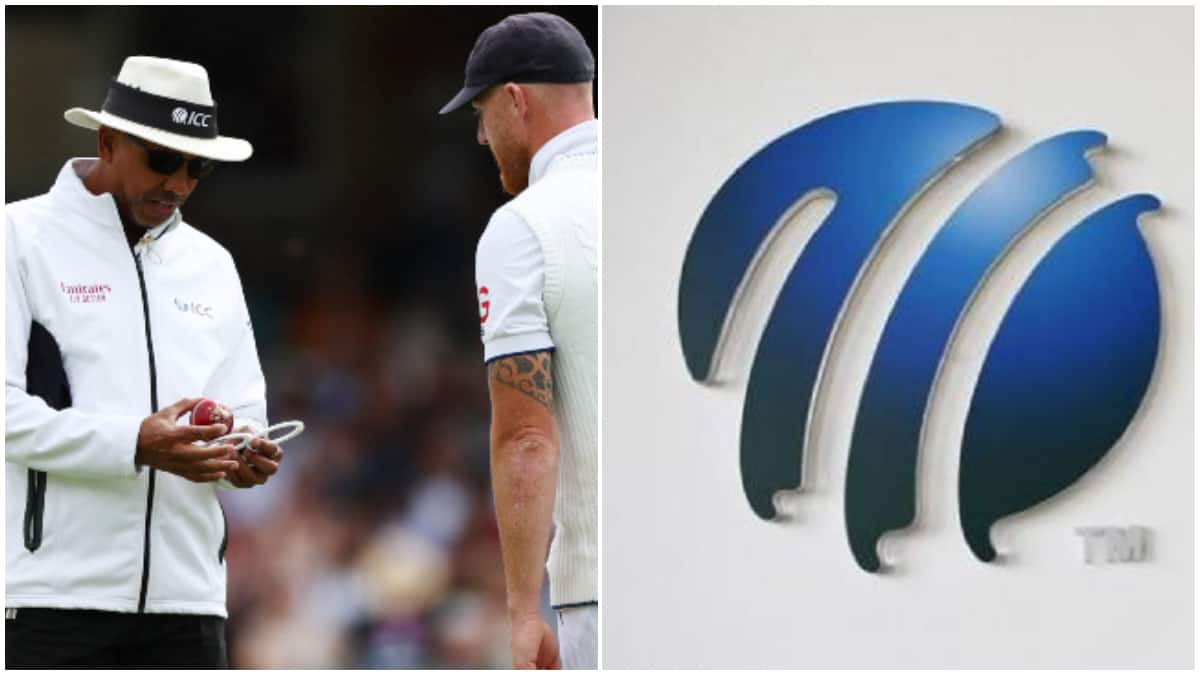

The International Cricket Council (ICC) has recently announced significant changes to its playing conditions, impacting all formats of men's international cricket. These changes, designed to address issues such as slow over rates, the use of saliva on the ball, and ambiguities in the Decision Review System (DRS), are set to create a more streamlined and fair playing environment. Some of the changes have already been implemented in the ongoing 2025-2027 World Test Championship (WTC) cycle, while others, primarily affecting white-ball cricket, will take effect from July 2, 2025.
One of the most notable changes is the introduction of the stop clock in Test cricket. This rule, already in use in ODIs, aims to combat slow over rates, a long-standing problem in the longest format of the game. According to the new regulation, the fielding side must be ready to commence a new over within 60 seconds of the completion of the previous one. An electronic clock will be displayed, counting up from zero to 60. Failure to comply will result in two warnings, after which a five-run penalty will be imposed on the bowling team. These warnings will reset after every 80 overs.
Another significant update concerns the use of saliva on the ball. While the ban on saliva remains in place, umpires are no longer mandated to change the ball immediately if saliva is detected. This change intends to prevent teams from deliberately applying saliva to manipulate ball replacement. Instead, umpires will assess whether the ball's condition has been significantly altered – appearing wetter or shinier – before deciding to replace it. If they deem the condition unaffected, the ball will remain in play, and the batting side will be awarded five penalty runs. No further replacement will occur, even if the ball starts behaving unusually later.
Several modifications have also been made to the DRS protocols. One key change addresses situations where a batter is given out caught, but upon review, UltraEdge shows no bat contact, and the ball has hit the pad. In such cases, the third umpire will now check for LBW, treating the original decision as "out." This means that even if ball-tracking returns an "umpire's call," the batter will still be given out. Furthermore, in cases of combined reviews involving multiple incidents, the TV umpire will assess them in chronological order. If the first incident leads to a dismissal, the ball is considered dead at that point, and the subsequent incident will not be reviewed.
The ICC has also taken steps to address deliberate short runs. Under the updated rules, if a batter intentionally fails to make their ground to claim an extra run, the fielding captain will be allowed to choose which batter will be on strike for the next delivery, and a five-run penalty will be imposed. However, if a run is aborted midway without any intention to deceive, it will not be considered a deliberate short run.
In ODIs, a notable change is the return to using one ball from the 35th over onwards. Previously, two new balls were used from either end throughout the innings. This change is expected to promote greater reverse swing and assist spinners in the later stages of the innings.
Finally, in a move that could significantly impact team dynamics, the ICC has approved a trial for full-time player replacements in domestic first-class cricket. This rule allows teams to replace a player who suffers a visible external injury with a like-for-like substitute, who can fully participate in the match. This trial will be at the discretion of individual cricket boards. These sweeping changes reflect the ICC's commitment to refining the game, ensuring fairness, and addressing long-standing issues across all formats of cricket.